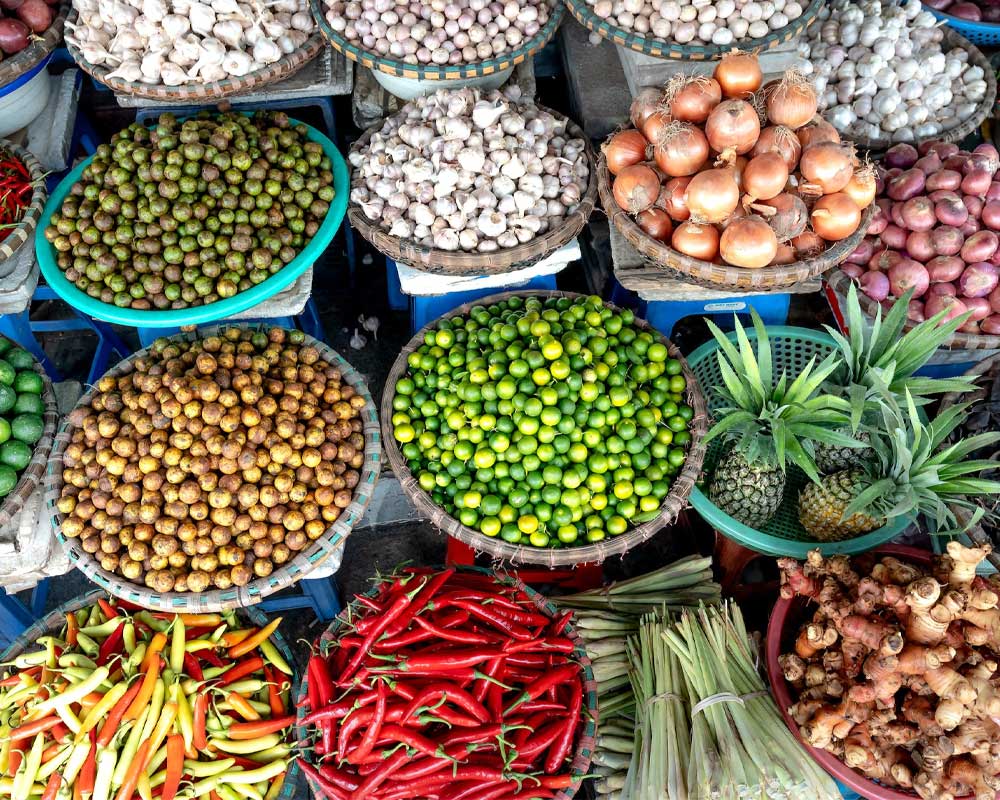
Foods for Hemorrhoids: A Soothing Approach to Relieve Discomfort
Hemorrhoids, often referred to as piles, can be an uncomfortable and painful condition. They are swollen veins located in the rectum or anus, and they can cause itching, bleeding, and discomfort. While medical treatments and lifestyle changes can help manage hemorrhoids, your diet can also play a significant role in alleviating the symptoms and preventing their recurrence. In this article, we will explore a range of foods for hemorrhoids that can provide relief and promote better digestive health.

Understanding Hemorrhoids
Before we dive into the foods that can help, let’s briefly understand what hemorrhoids are. Hemorrhoids can be internal or external, and they result from increased pressure on the rectal and pelvic veins. This pressure can be due to various factors, including constipation, obesity, and prolonged sitting.
The Impact of Diet on Hemorrhoids
Your diet plays a vital role in your digestive health, and it can significantly affect the severity of hemorrhoids. Certain foods can aggravate the condition, while others can provide relief. Let’s explore the foods that can help alleviate hemorrhoidal discomfort.
High-Fiber Foods
A diet rich in fiber is often recommended for individuals with hemorrhoids. Fiber helps soften stools and prevent constipation, reducing the strain on hemorrhoidal veins. Some high-fiber foods include:
1. Whole Grains
Whole grains like brown rice, whole wheat bread, and oats are excellent sources of dietary fiber. Incorporating these into your daily diet can promote regular bowel movements and ease the discomfort of hemorrhoids.
2. Fruits and Vegetables
Fruits and vegetables are naturally high in fiber. Apples, pears, broccoli, and spinach are examples of foods that can aid in digestion and reduce the risk of constipation.
Hydration
Staying adequately hydrated is crucial for softening stools and promoting regular bowel movements. Water is essential for overall digestive health, and it can help alleviate hemorrhoidal symptoms.
3. Water
Drinking plenty of water throughout the day ensures that your body has enough fluid to keep stools soft and easy to pass. Aim for at least eight glasses of water daily.
Bioflavonoid-Rich Foods
Bioflavonoids are plant compounds known for their anti-inflammatory properties. They can help reduce swelling and discomfort associated with hemorrhoids.
4. Citrus Fruits
Citrus fruits like oranges, lemons, and grapefruits are rich in bioflavonoids. Consuming these fruits can provide relief from hemorrhoidal pain and inflammation.
Probiotic-Rich Foods
Probiotics are beneficial bacteria that support gut health. They can help maintain a balanced digestive system and reduce the risk of constipation.
5. Yogurt
Yogurt contains probiotics that can enhance the health of your gut and aid in smoother bowel movements. Opt for plain, unsweetened yogurt for the best results.
Omega-3 Fatty Acids
Omega-3 fatty acids have anti-inflammatory properties that can alleviate discomfort and swelling associated with hemorrhoids.
6. Fatty Fish
Fatty fish like salmon, mackerel, and trout are excellent sources of omega-3 fatty acids. Including these in your diet may help reduce inflammation and promote healing.
Herbal Teas
Certain herbal teas have soothing properties that can provide relief from hemorrhoidal symptoms.
7. Chamomile Tea
Chamomile tea is known for its anti-inflammatory and soothing effects. Drinking a cup of chamomile tea can help ease the discomfort of hemorrhoids.
Foods to Avoid
While it’s essential to incorporate hemorrhoid-friendly foods into your diet, it’s equally important to avoid foods that can worsen the condition.
8. Spicy Foods
Spicy foods can irritate the digestive tract and exacerbate hemorrhoidal discomfort. Limit your intake of spicy dishes.
9. Processed Foods
Processed foods often contain preservatives and additives that can lead to constipation. Reducing your consumption of processed snacks and meals is advisable.
Conclusion
Incorporating the right foods into your diet can make a significant difference in managing and preventing hemorrhoids. High-fiber foods, hydration, bioflavonoid-rich foods, probiotics, omega-3 fatty acids, and herbal teas can all contribute to relief and comfort. Conversely, avoiding spicy and processed foods can help prevent aggravation of the condition.
Remember that while these dietary changes can be beneficial, they should be part of a comprehensive approach to managing hemorrhoids. Consult with a healthcare professional for a personalized treatment plan.
FAQs
1. Can diet alone cure hemorrhoids?
Diet can play a crucial role in managing hemorrhoids, but it’s typically not a standalone cure. A holistic approach that includes dietary changes, lifestyle modifications, and possibly medical treatments is often necessary.
2. How long does it take for dietary changes to alleviate hemorrhoidal symptoms?
The timeline for relief from hemorrhoidal symptoms can vary from person to person. Some individuals may experience relief within a few days of dietary changes, while others may take a few weeks to see improvement.
3. Are there any foods that I must absolutely avoid if I have hemorrhoids?
Spicy foods and highly processed foods should be limited or avoided as they can worsen hemorrhoidal symptoms. It’s essential to focus on a balanced and fiber-rich diet.
4. Can I consume alcohol if I have hemorrhoids?
Moderate alcohol consumption is generally acceptable, but excessive alcohol intake can lead to dehydration and worsen constipation, which can aggravate hemorrhoids. It’s best to consume alcohol in moderation.
5. Should I continue with dietary changes even after my hemorrhoidal symptoms improve?
Yes, maintaining a healthy diet is essential to prevent the recurrence of hemorrhoids. Once your symptoms improve, continue to include high-fiber foods and other hemorrhoid-friendly choices in your diet for long-term benefits.
Read More
Does Pea-nut Butter Make You Gain Weight? Debunking the Nutty Myth
Bana-nas and Diab-ete: A Sweet Affair with a Healthy Twist
Pota-toes and Diab-etes: A Heartfelt Exploration of the Connection
The Sweet Solution: How Mangoes Can Impact Dia-betes
Unlocking the Potential of a Low-Carb Diet: A Lifeline for Dia-betics
How to Prevent Diabetes: Taking Charge of Your Health
A Vegan Diet for Dia-betes: A Compassionate Path to Health and Wellness
How Many Carbs Should You Eat If You Have Diabetes?
Diab-etes Diet: A Journey Towards Health and Freedom
Diabetes Snacks: Delicious Choices for a Healthy Lifestyle
Cinamon and Diab-etes: A Sweet Spice’s Impact on Blood Sugar
